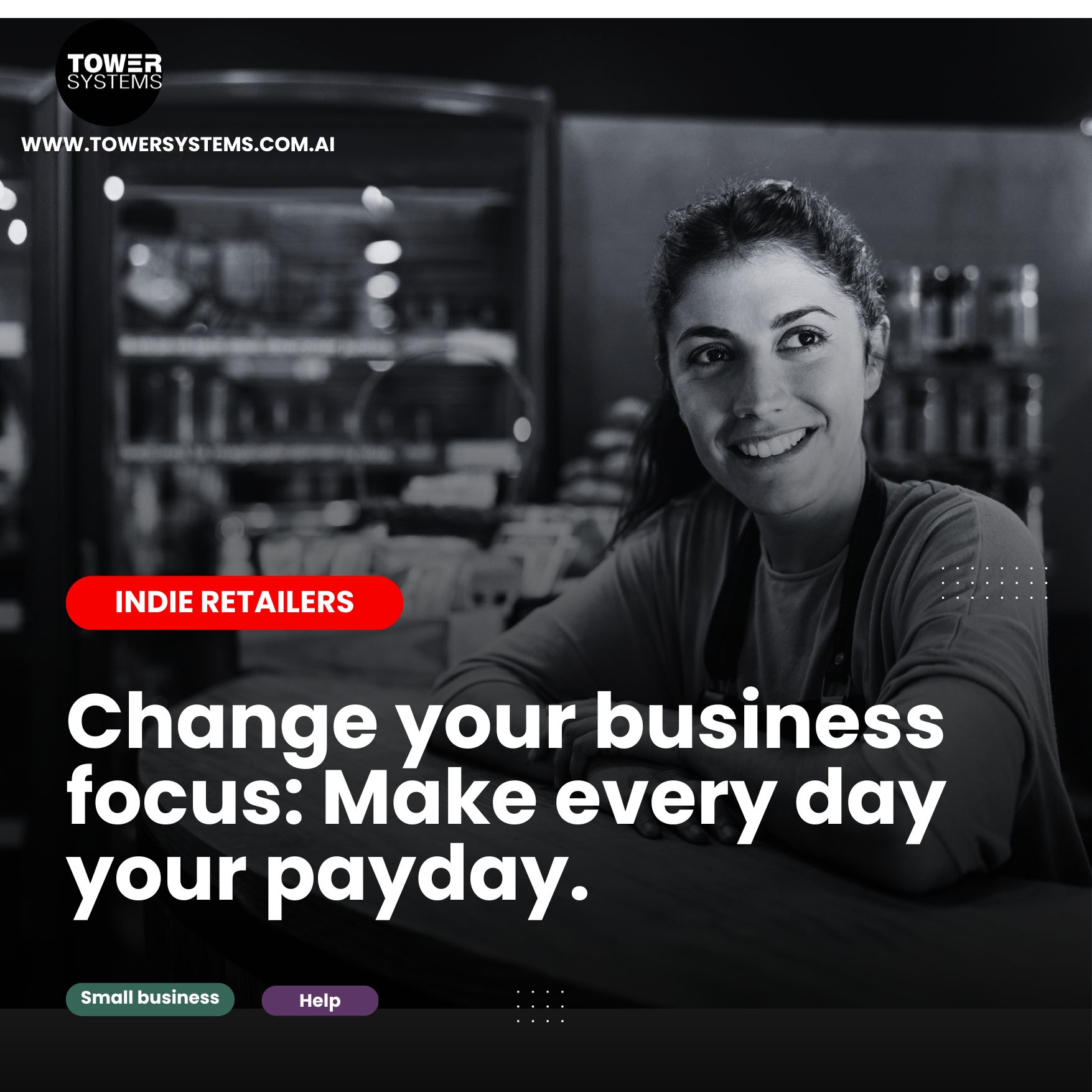What POS systems are good for in retail businesses has changed. This is even more true in specialty retail, local small business retail.
Judging a possible POS system for your shop based on what was considered important even a year ago could see you end up with a POS system that is not fit for the needs of retail today and into the future. It is hard, though, to know what matters now compared to last year.
Here are The 7 POS Features Every Specialty Retailer Needs in 2025.
Embedded AI. Yes, AI tools embedded in your POS system, replacing tasks you’d otherwise do manually, delivering insights that otherwise may take hours to collect, showing you pathways to profit you might otherwise have missed. While there are plenty of AI tools in the world, some of which are beneficial to specialty retailers, it is AI tools in your POS systems that are more likely to help day-to-day as they are there, part of the eco system your business inhabits.
Payments flexibility. As a retailer you want the ability to get the best price possible for managing payments. Make sure that your POS system provider supports you here, that they allow you to connect with the payments platform of your choice without financial penalty or cost from them.
Theft mitigation. Theft costs specialty retail somewhere between 3% and 5% of turnover each year. Make sure any POS system you are considering has facilities for understanding theft by helping you to identify it. Once you identify the how of theft you can act to stop it.
Online integrations. Connectivity between your POS system and Xero, Shopify, Big Commerce, Magento, Woo Commerce MYOB, scales, rostering apps, delivery software, book databases, product inventory barcode databases and more are time savers, mistake reducers and more for retail businesses with access to these integrations.
Insights not reports. Reports are so last year for retailers. Who has the time to go searching for information. Look for a POS system that provides actionable insights without the need to run a report. Many POS systems have replaced reports with a dashboard of business performance insights.
Sell anywhere. The ability to sell away from the sales counter, away from the shop completely, at a market, on the road, where your customers are at is a key need in local retail today. Look for a POS system that offers this flexibility.
Easy learning. The better you understand how to use any tool the more you can get from that tool. Being able to learn more about the best way to use your POS system for profitable action is vital for your business achieving a return on the POS system investment.
Bonus: actionable steps to profit growth. Easy price comparison with local retailers, easy importing of supplier invoices, automatic writing of good product descriptions and automatic writing of traffic attracting blog posts abut products are all benefits of embedded AI tools in a POS system. Look for these and for the financial results on which you can bank.
These are all facilities you need to expect from a POS system today, in addition to what you expect about being able to sell how you have in the past. Not all POS systems have kept up with changes in tech in service in local small business specialty retail in 2025.
While the right POS system for any business depends on the specific needs of that retail business, Tower Systems continues to evolve to be current, relevant and valuable for Australian and New Zealand local small business specialty retailers. To see how we can help you…, request a free, no-obligation demo today.
Call 1300 662 957 in Australia or 0800 444 367 in New Zealand. Or, email sales@towersystems.com.au.




Recent Comments